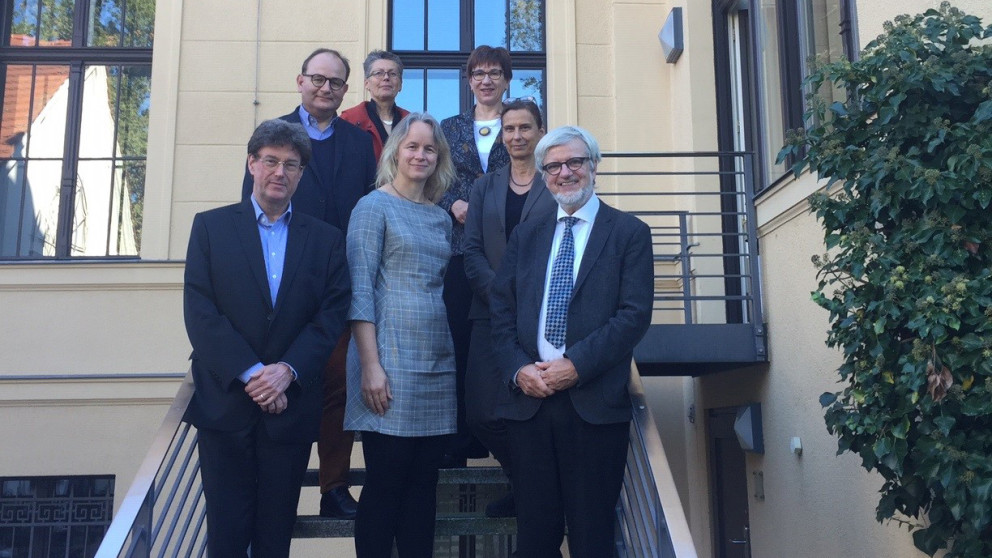An All-Of-Society Approach to Sustainability
20.09.2024
The state government of Brandenburg developed its sustainability strategy in close consultation with science, business and the younger generation. RIFS researcher Ortwin Renn was the chair of the state’s Sustainability Advisory Board.

Professor Renn, what was the Advisory Board’s mission?
On the one hand, the Board was tasked with advising the state government on how it could develop and pursue policies that would improve sustainability. In addition to this, the Board supported the development of Brandenburg’s new strategy for sustainability by supplying scientific and technical advice and critical assessments. The Board also issued a series of reports in which it made recommendations on various aspects of sustainability policy.
What needs to be done to ensure that the new strategy is a success?
We identified three key priorities: Firstly, it is vital that the strategy’s measures are pursued in a whole-of-government approach and that efforts to achieve sustainability goals are coordinated both in terms of their timing and actions. Progress towards these goals will need to be measured against reliable indicators.
According to the Advisory Board’s report “Sustainability is becoming a central element of policy-making”. What specific measures should the state government focus on?
Four topics are particularly important in our view. We must transition to an energy supply based on renewables in the near-term and this transition must be affordable and cost-effective. We must be more sustainable in our use of natural resources – especially water – but this extends to spatial and land use planning, for example. At the same time, the government should pursue a participatory approach to this transformation that is based on democratic principles and remain mindful of the social dimension of sustainable development.
Sustainability is a cross-cutting issue. Was the Board able to work effectively with the various ministries?
We held technical discussions with ministers or state secretaries for each report. In addition, we received feedback in response to our recommendations, including precise details on how these were taken into account or adapted in practice.
How did the Advisory Board engage with civil society in Brandenburg?
The Advisory Board worked closely with the Brandenburg Sustainability Platform, which brings together civil society groups as well as local authorities, associations, educational institutions and businesses. Both were involved in organising the state's Sustainability Days, for example. I believe that these efforts to combine scientific expertise with professional experience from the business community and civil society groups were very fruitful in Brandenburg.
What conclusions can you draw after serving for almost four years on the Board?
It was worthwhile – and we are confident that the impetus provided by the Advisory Board will continue to influence policy for a long time to come.
Interview: Matthias Tang
This article was first published on 6 September 2024 in the Tagesspiegel supplement "Wissenschaft im Zentrum. Neues aus Forschung & Lehre in Brandenburg“.